Home > Montana > Montana Ag Education > Mental Health Resources for Farmers
Mental Health Resources for Farmers
Darla Tyler-McSherry has fond memories of watching her dad, Dick Tyler, grow wheat and barley on the 1,200-acre farm near Big Sandy where she and her brother, Randall, were raised.
“Dad was the stereotypical Montana farmer – hardworking, smart, kind, and proud of his efforts, but humble. He was never boastful,” she recalls. “He knew our farm like the back of his hand. He was born there. He had a deep love of the land. He took great care of the land and everything he acquired because he was born during the Great Depression.”
Dick Tyler had been known to drive his prized farm equipment in the Big Sandy homecoming parades. Even in his early 80s, he still owned equipment his father had purchased in the 1950s.
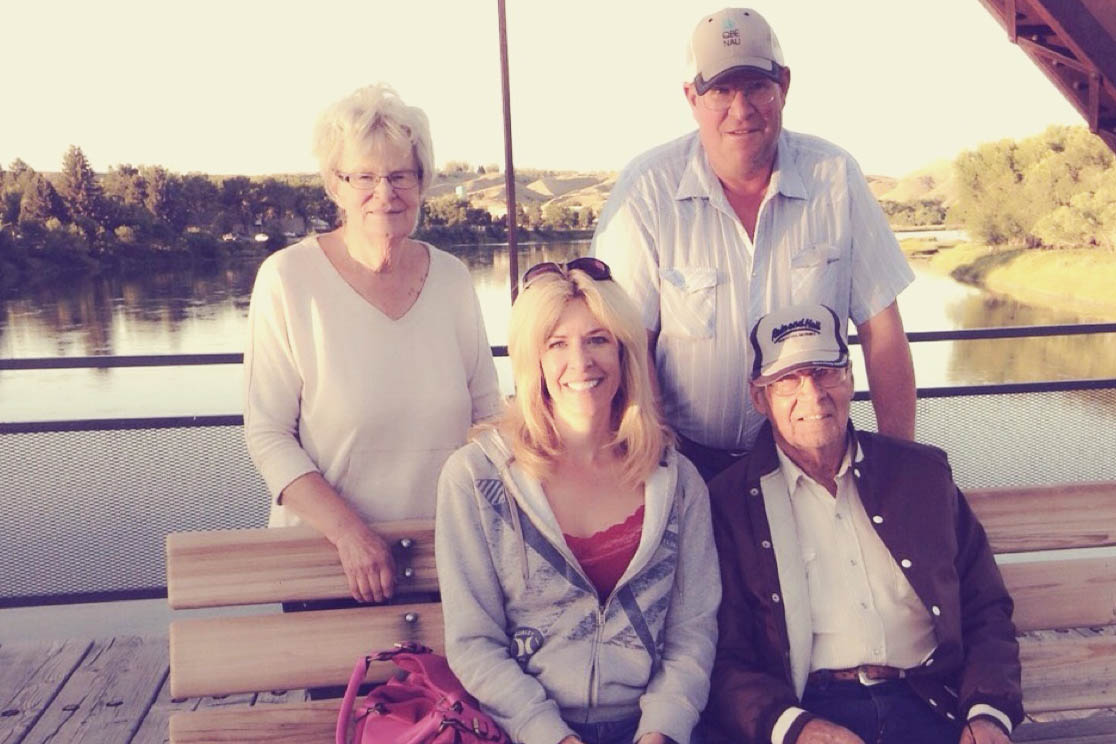
McSherry never imagined that on a beautiful Friday in September 2016, her dad would take his own life on the farm he loved – and where so many happy memories were made.
“We were blindsided by it,” says McSherry, who works as the director of Student Health Services at Montana State University Billings and is trained to spot the warning signs of depression and suicidal behavior. “It blew us all away. My mom and he had been married 54 years. At 82, he was still active on the farm and more fit than some 50-year-olds. Suicidal behaviors can be very subtle.”
McSherry has struggled with guilt since her father’s death. She often wonders what signs she missed that could have indicated her father was contemplating suicide.
“A big piece of my guilt is because in my job, I come from a prevention background,” she says.
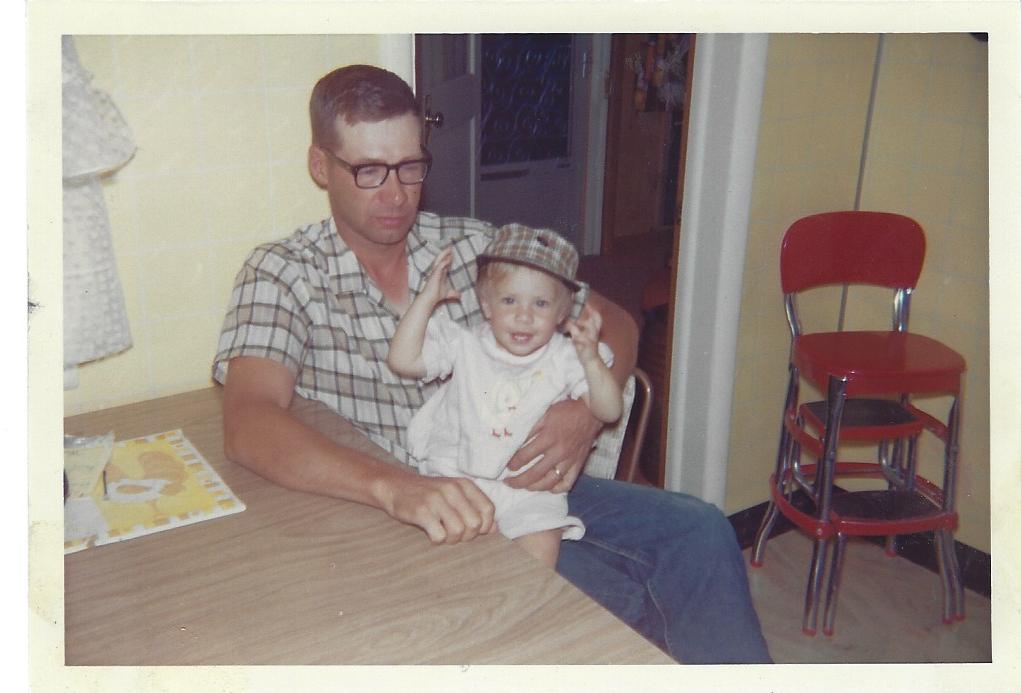
Suicide on the Rise
Today, McSherry’s mission is to prevent more farmers from taking their own lives because she knows her father’s story is part of a bigger picture. Since 2000, the rate of suicide has increased by 28 percent in the United States. Montana has been among the top five states in the number of suicides for nearly 40 years.
Farmers are particularly at risk. According to numerous studies, agricultural workers have one of the highest suicide rates of any occupation. They include farmers, ranchers, farm laborers, migrant farm workers and those working in forestry and fishing.
“When we reviewed every suicide in Montana for a 26-month period, 36 out of 555 suicides worked in agriculture,” says Karl Rosston.
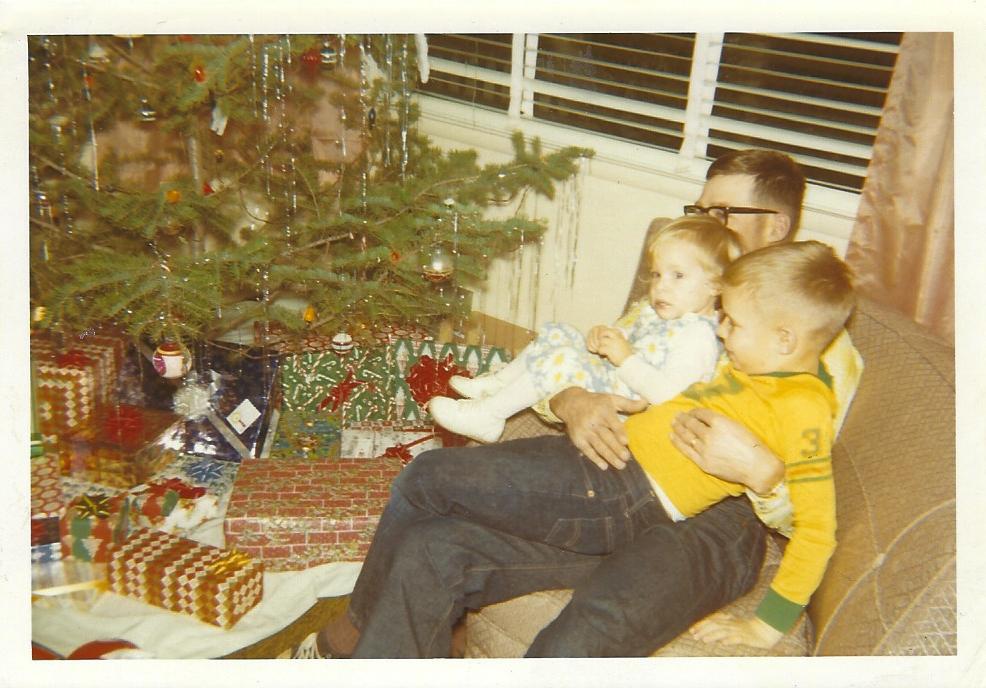
Why are farmers susceptible to suicide? The reasons are complex.
“Farmers are strong and often have the ‘cowboy up’ mentality of not asking for help. They’re very independent. They’re isolated and often work alone,” Rosston says. “Financial difficulties are common, and they have easy access to firearms. They work extremely long, hard days. It takes a toll on their ability to cope.”
Chronic pain, alcohol use, relationship issues and the stigma of depression being seen as a weakness also play a role. Farmers grow food, but some can’t even afford to buy it for their own families. Circumstances that affect their production are out of their control, from unpredictable weather patterns to the market prices of commodities, soaring interest rates and high fuel prices.
In rural Montana, lack of access to mental healthcare adds to the problem.
“It can be hard to attract psychiatrists to Montana because in very rural settings, they tend to be overworked and underpaid,” Rosston says.
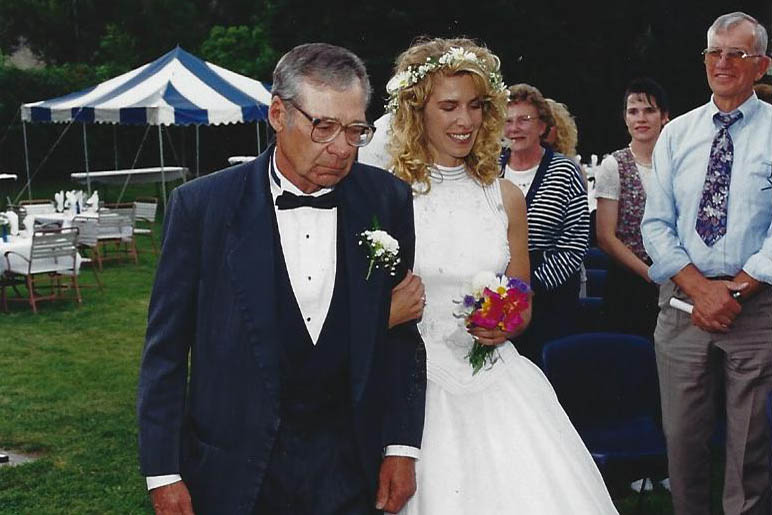
Another explanation for high suicide rates in rural Montana is social isolation. Of the state’s 56 counties, 45 have a population of fewer than six people per square mile. Ten of those counties have fewer than one person per square mile.
McSherry recalls a recent conversation with her mother, Lenore, about loneliness.
“Mom said, ‘Even if I could just see a car drive by, it would help,’” she says. “Economics and isolation are huge factors. You take economic stress, couple that with social isolation, not sleeping well, and not eating well … It’s a very layered issue.”
Hope on the Horizon
The good news is that depression is one of the most treatable mental health issues, and suicide can be preventable. If you, a friend or a family member is suffering from hopelessness, talk with a doctor about options for therapy and/or medication.
Dr. Mike Rosmann, an Iowa psychologist and farmer, is one of the nation’s leading farmer behavioral health experts, and he often answers calls from farmers in crisis. He recommends spouses, co-workers and friends of distressed farmers ask the farmer about sleeplessness, his or her worries, and who, if anybody, the farmer has reached out to.
“We all need a team of supporters,” Rosmann says. “Take immediate action when suspicious about hopelessness, in spite of any resistance by the distressed farmer, and accompany the farmer to a physician, behavioral healthcare provider or hospital emergency room versed in the proper procedures to prevent possible self-harm. Most reasonable people, including farmers who are overly distressed, don’t usually recognize their judgment is altered, but they may acquiesce to the recommendations of those concerned about them.”
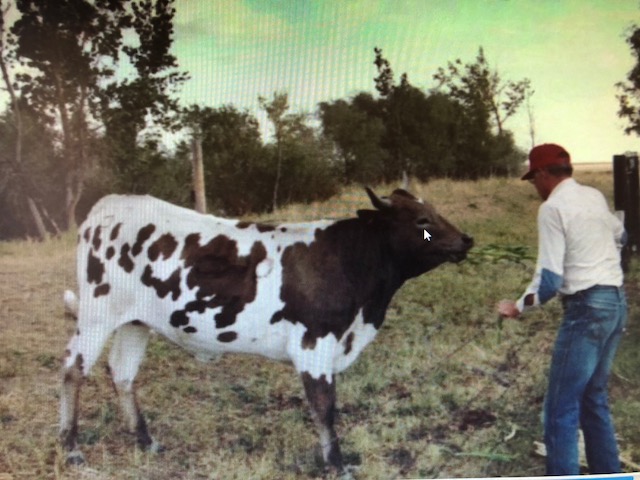
Since her father’s suicide, McSherry secured funding from the Suicide Prevention Coalition of Yellowstone Valley to launch a website, AskinEarnest.org, in 2018. The website covers the warning signs of suicide, offers tips for self-care, and helps connect readers to resources and help. McSherry also printed brochures and refrigerator magnets that point recipients to the website to raise awareness, and she’s working toward developing a nonprofit organization.
She says too many farmers believe if they can’t succeed in their work or have to rely on others, they are worthless.
“My father lost his identity,” McSherry says. “I want to help farmers realize the value they have even if they never seed another acre of wheat.”
In November 2018, McSherry suffered another loss when her husband Dave died.
“I kept thinking, I wish Dad was here to help me through the loss of my husband,” she says. “We have to get farmers to understand they are so much more than what they do.”
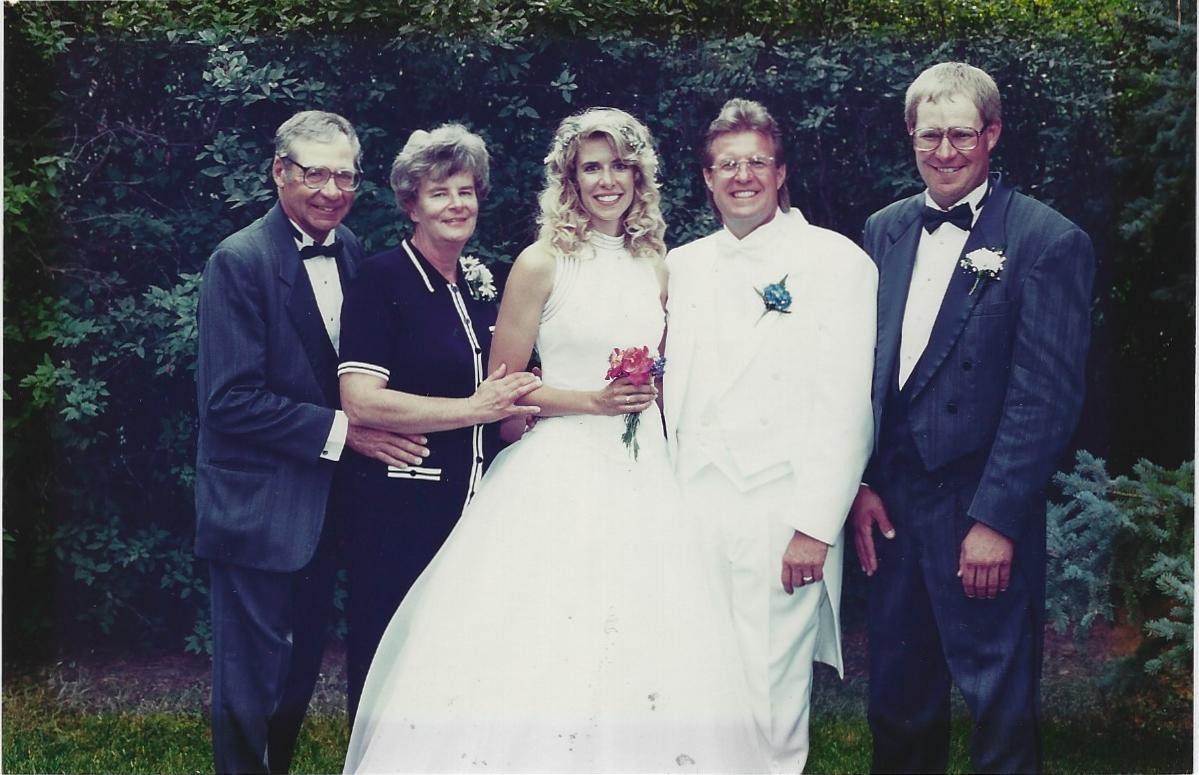
Do you know a farmer who is struggling?
“Stop and ask how they’re doing,” McSherry says. “Listen without judgment. You may have to hear things that are difficult to hear. Ask if they have ever thought about talking to a mental health professional. Ask if they have contemplated suicide. Although it’s very uncomfortable, we have to ask that hard question.”
Offer to call the suicide prevention hotline with the person or to accompany them to the local emergency room.
“Be careful you are not dismissive – their emotions are real, even if you don’t understand the issues causing them pain,” McSherry says. “Farmers are a tough breed, often expected to handle things on their own. But we need to let them know they are actually at their strongest when they admit they need help.”
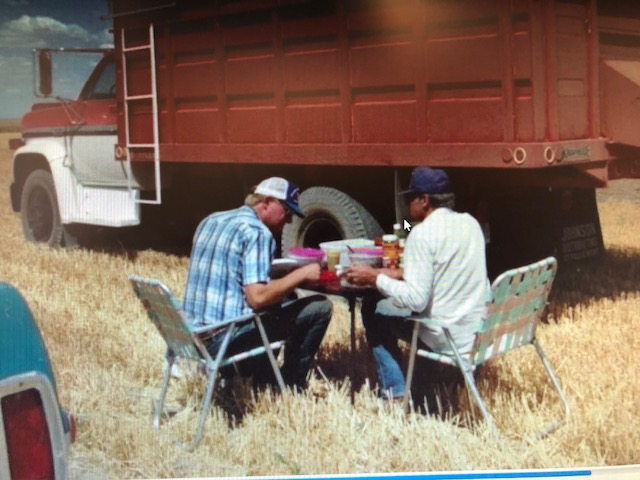
Mental Health Resources
- National Suicide Prevention Lifeline 1-800-273-TALK (8255)
- Crisis Text Line: Text MT to 741-741 (a free 24/7 text line for people in crisis)
- Ask in Earnest
An Easy-to-Remember Mnemonic for the Warning Signs of Suicide:
IS PATH WARM?
Ideation: Expressed or communicated ideation threatening to hurt or kill him/herself, or talking of wanting to hurt or kill him/herself; and/or looking for ways to kill him/herself by seeking access to firearms, available pills, or other means; and/or talking or writing about death, dying or suicide, when these actions are out of the ordinary.
Substance Abuse: Increased alcohol or drug use
Purposelessness: No reason for living; no sense of purpose in life, start giving things away because there’s no purpose in keeping anything, no reason to maintain their hygiene
Anxiety: Anxiety, agitation, unable to sleep or sleeping all the time, difficulty concentrating
Trapped: Feeling trapped (like there’s no way out and things will never get better)
Hopelessness: Hopelessness, no future orientation
Withdrawal: Withdrawal from friends, isolating from family and society
Anger: Rage, uncontrolled anger, seeking revenge, irritable
Recklessness: Acting reckless or engaging in high-risk activities, seemingly without thinking, impulsive behavior (especially in younger people)
Mood Change: Dramatic mood changes, flat affect, depressed mood, acting out of character



